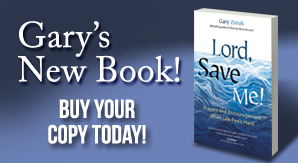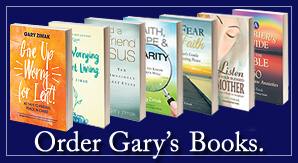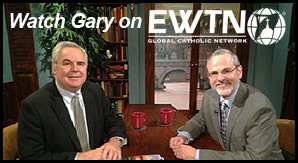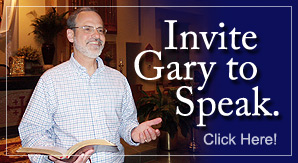In the Vatican II document Dei Verbum, the Catholic Church makes a powerful statement:
Hence there exists a close connection and communication between sacred tradition and Sacred Scripture. For both of them, flowing from the same divine wellspring, in a certain way merge into a unity and tend toward the same end. For Sacred Scripture is the word of God inasmuch as it is consigned to writing under the inspiration of the divine Spirit, while sacred tradition takes the word of God entrusted by Christ the Lord and the Holy Spirit to the Apostles, and hands it on to their successors in its full purity, so that led by the light of the Spirit of truth, they may in proclaiming it preserve this word of God faithfully, explain it, and make it more widely known. Consequently it is not from Sacred Scripture alone that the Church draws her certainty about everything which has been revealed. Therefore both sacred tradition and Sacred Scripture are to be accepted and venerated with the same sense of loyalty and reverence.
(Dei Verbum, 9)
Basically, the above excerpt reminds us of the danger of reading the Bible “in a vacuum” or without regard to the teaching of the Church. Since the Bible was compiled by the Catholic Church, it makes perfect sense that it should be read with Catholic teaching in mind. Otherwise, it’s entirely possible that we could derive some erroneous messages from its pages. Far from being a hypothetical danger, this is a real pitfall that happens frequently. Fortunately, we have a great summary of Catholic teaching in the Catechism of the Catholic Church. While this can aid us in reading the Bible, however, what if we’re not too familiar with the Catechism? How can we read Scripture without fear of misinterpretation?
I was recently given a complimentary copy of the Didache Bible from the folks at Midwest Theological Forum and I was blown away. I have many different Bibles in my possession, some with excellent Catholic commentary, but I’ve never seen one like this. This version contains an extensive commentary which is based on the Catechism of the Catholic Church. In the Didache Bible, you can read the Ignatius Bible Edition (Revised Standard Version, Second Catholic Edition) supplemented with commentary taken directly from the Catechism. In addition, there are 100 explanations spread throughout the Bible that help to answer common questions about the faith. It doesn’t get much better than that!
If you are looking for a solid Catholic Bible (the RSV-CE is my favorite edition), I strongly encourage you to check out the Didache Bible from Midwest Theological Forum. You won’t be disappointed!
(Gary Zimak is a Catholic speaker and author who travels throughout the United States and Canada giving inspirational talks and leading parish missions and retreats. Click HERE to invite Gary to speak at your parish or conference or to inquire about his availability.)









